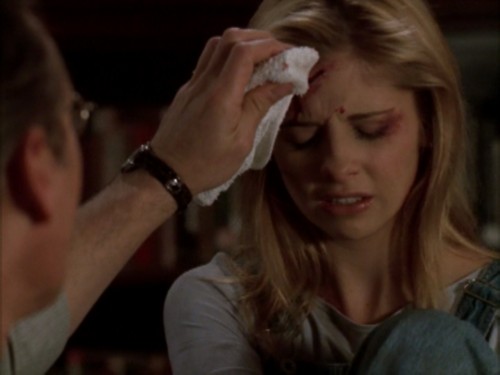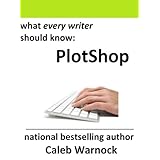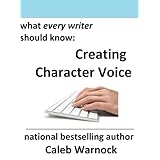So What is Success? What does it look like? When do you know you have it?
These are all questions that I’ve struggled with (ok still struggling).
Whatever I did, someone was better. Half of my friends went to Ivy League schools and the other half skipped school and became actors, writers, etc. And who was I? A stay at home mom. Big freakin whoop.
I didn’t have a big important 9-5 corporate job. Hilary Rosen would accuse me of “… never having worked a day” in my life.
Well this past year I’ve learned how to look at success a little differently. I even have a whole chapter about it in my book, Finished being Fat: An accidental adventure in losing weight and learning to finish. (coming out in January 2013, 🙂 thank you for asking ) As darn near every woman can tell you, motherhood is the hardest and lowest salaried job on the planet. First you have to grow a human being, which is pretty impressive considering I can’t even get my veggies to grow. You are responsible to teach your kids right from wrong, clean up sick, feed them healthy stuff, feed them crap when they won’t eat the healthy stuff, get them to school in semi clean clothes, make sure when they’re teenagers that they keep going to school, and the list goes on and on. Motherhood is definitely not 9-5, it’s 9-life.
I’ve decided that if my kids are still alive at the end of the day, I’m a success. It doesn’t matter if they’re the cutest dressed kids on the block, or the lead in the school play. As long as they are growing and improving as little people, then I must be doing something right.
Now for the hard part, applying what I’ve learned to writing. At first, my only goal was to finish a book. Once I did that the next logical step was to get it published. Okay, did that. Now I’m told that if I want my book to be a “success” it’s up to me to market the heck out of it. So I’m working my butt off, doing all the things my publisher has asked me to do: work on building an author’s platform, blog, gather facebook friends, tweet stuff, get endorsements.
I’ve started having nightmares. I’m over analyzing everything I do. Do enough people “like” me? Do I have enough followers? How many people are reading my blogs? Once again, whatever I’m doing, it feels like it’s not enough. I feel like a failure compared to everyone else.
Stop. Reboot. Go back to my original question. What is success? Is it being on the New York Times Best-sellers list? Is it have 5000 Facebook friends and hundreds of likes per post? Is it getting on a daytime talk show? If I did all these things then could I finally call myself a “success”?
Those things are all nice and fabulous, but I think success is something a little deeper. Just like in motherhood, I think success is changing one life for the better. Even if it’s your own. If your story, whether it’s fiction or non-fiction, has touched someone… congratulations- you are a successful writer. So What if you self publish, or have a small indie publisher. Doesn’t matter.You have made a difference. Something you created has made the world a little brighter.
If that isn’t success, I don’t know what is.










